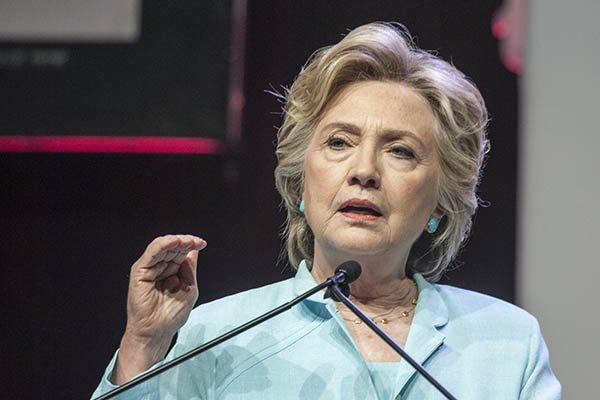How Would Proposed Tax Plans Affect the Country’s Economy?

We’re just days away from the election and it’s likely that most Americans will just be happy that it’s finally over, no matter whom or what they voted for. However, there are some very important things at stake in this election, including how each candidate’s tax proposals would affect our nation’s economy, as well as the affect on individual taxpayers’ pocket books.
The overwhelming belief is that Donald Trump’s tax plan would be simpler than the current code and that it would help the wealthy, while increasing the national debt. As you might expect, Hillary Clinton’s proposals would be basically the opposite. Her tax plan is reportedly more complex and it’s expected to increase taxes on just about everyone, with the wealthiest taxpayers absorbing the brunt of the increase.
However, that being said, neither candidate has to stick to his or her proposed plans if elected. Additionally, the bigger question is how would these plans really affect the economy if they were implemented? The nation’s debt is rising and it will likely continue to raise no matter which candidate is elected. That means people and businesses, especially small ones, will be footing the bill.
According to the Tax Foundation, which typically opposes tax hikes on the wealthy, Clinton’s plan to increase taxes on investment and businesses would likely reduce the size of economy by about 2.6 percent over 10 years. Much of that would come from her desire to increase the estate tax. According to the Tax Foundation that increase would likely cause wealthy taxpayers to invest lest money and thus would hold down the entire economy. That, in turn, would force the average income in the country to go down.
On the other hand, those who believe tax increases on the wealthy are favorable to the economy claim that the Tax Foundation’s estimates are exaggerated and that the economy would not be significantly damaged by Clinton’s proposals.
You also might like the article Trump, Clinton and the Wealthy—What’s at Stake
https://www.washingtonpost.com/news/wonk/wp/2016/10/13/what-hillary-clintons-tax-plan-would-really-do-to-the-economy/
http://www.forbes.com/sites/garrettgunderson/2016/10/13/clinton-versus-trump-how-their-tax-plans-will-affect-you/#76f963cd3346
IRS FIN 48
IRS FIN 48 Background As a result of the impending effective date for the application of Financial Accounting Standard Board Interpretation No. 48, Accounting for Uncertainty in Income Taxes, of FASB Statement 109 (FIN 48), some taxpayers may wish to request a greatly accelerated examination and resolution before the end of their current financial statement…
Where Should You Retire if You’re Wealthy?
Where Should You Retire if You’re Wealthy? Best Places Retire in USA if You’re Wealthy You’ve spent your lifetime accumulating wealth through your employment and other business endeavors. You have been successful at what you do and now the time has finally come when you’re ready to ride off into the sunset, so-to-speak. It’s time for…
Automatic Penalties for Late Form 5471s and Related Forms
Automatic Penalties for Late Form 5471s and Related Forms On January 1, 2009, the IRS will begin to automatically assess section 6038 penalties for each late-filed Form 5471, Information Return of U.S. Persons With Respect to Certain Foreign Corporations, and late filing penalties under section 6651 for related forms. IRS is now sending out letters…
Selecting a Good Trustee – Factors to Consider When Choosing a Trustee
Selecting a Good Trustee – Factors to Consider When Choosing a Trustee By Rocco Beatrice WHAT TO LOOK FOR IN A TRUSTEE When selecting a Trustee the most important qualities of a trustee are honesty, stability, dependability, organization, financial experience, and ability to devote time and energy on an impartial basis for the benefit of…




